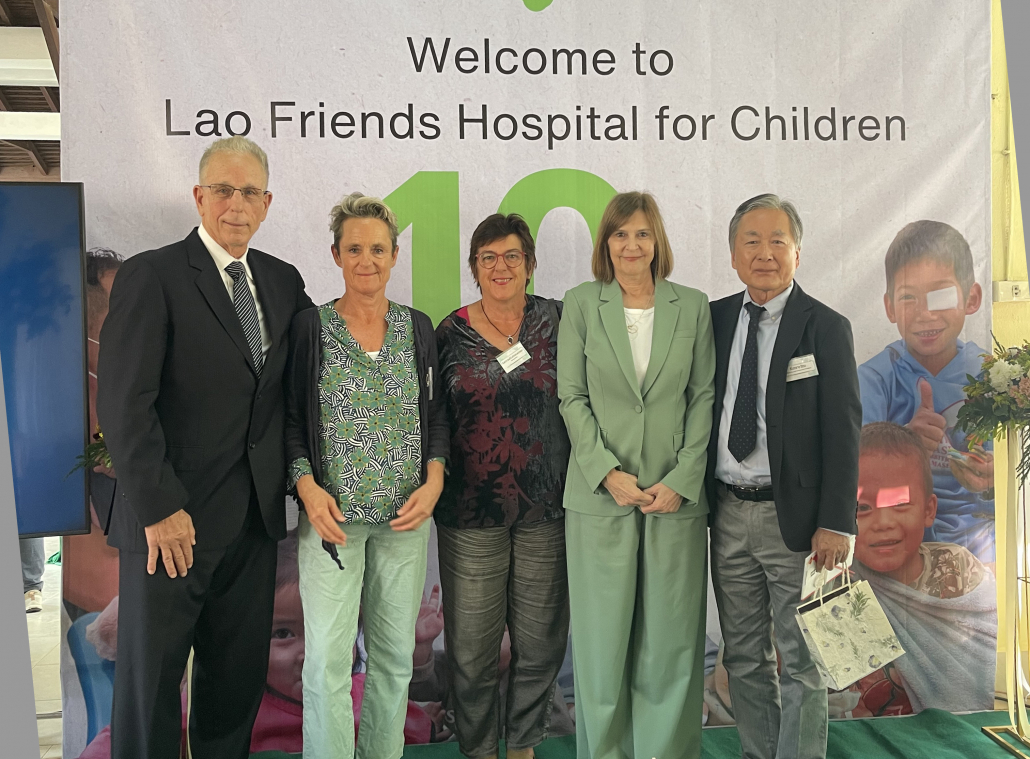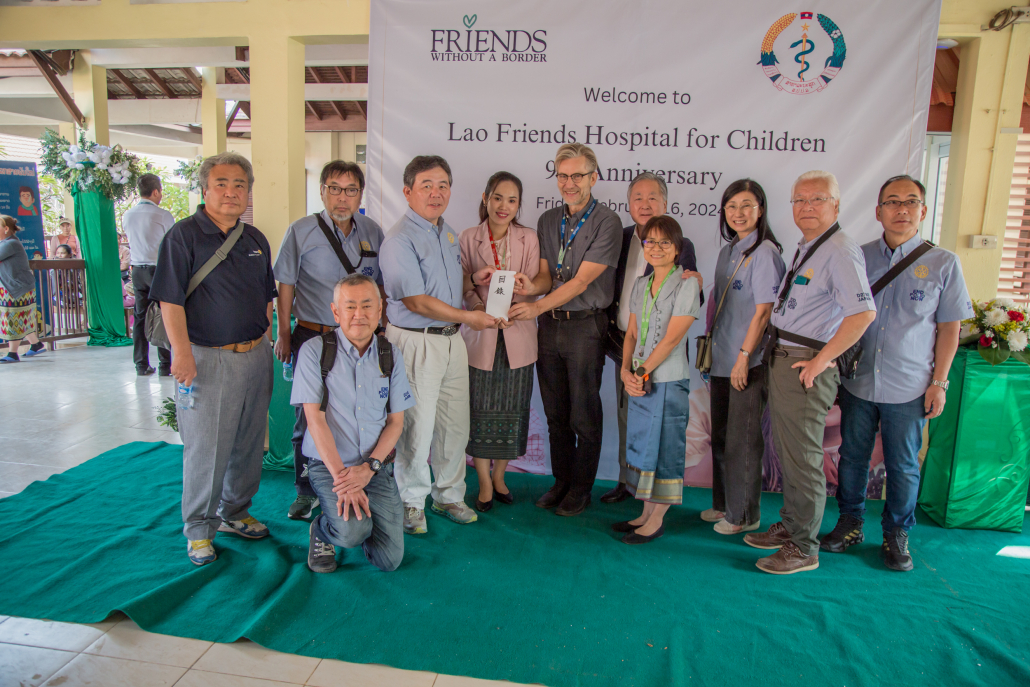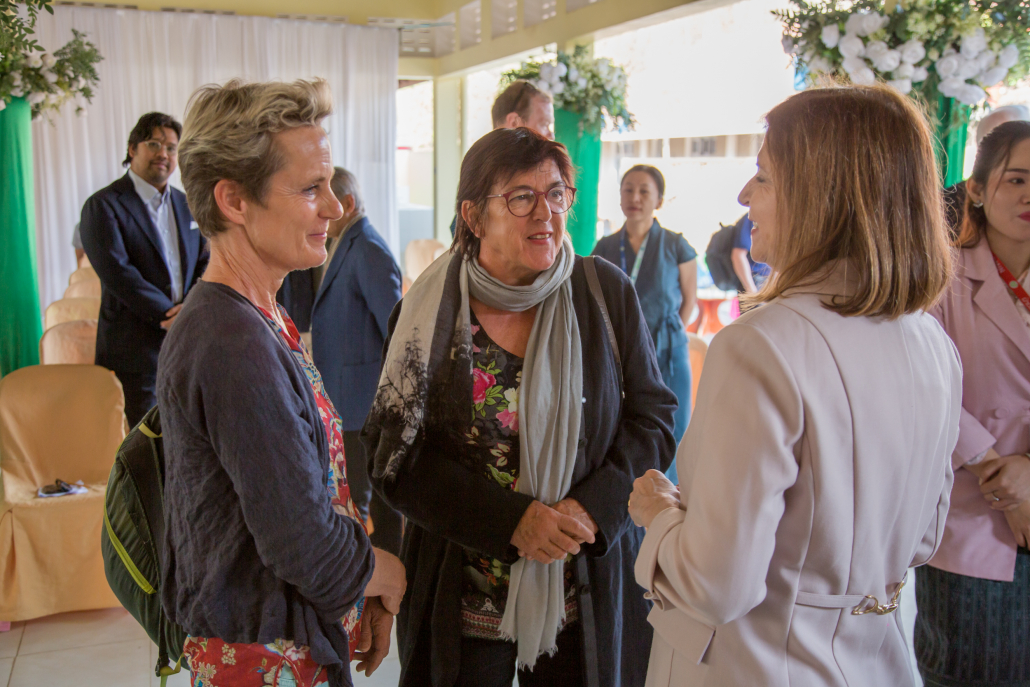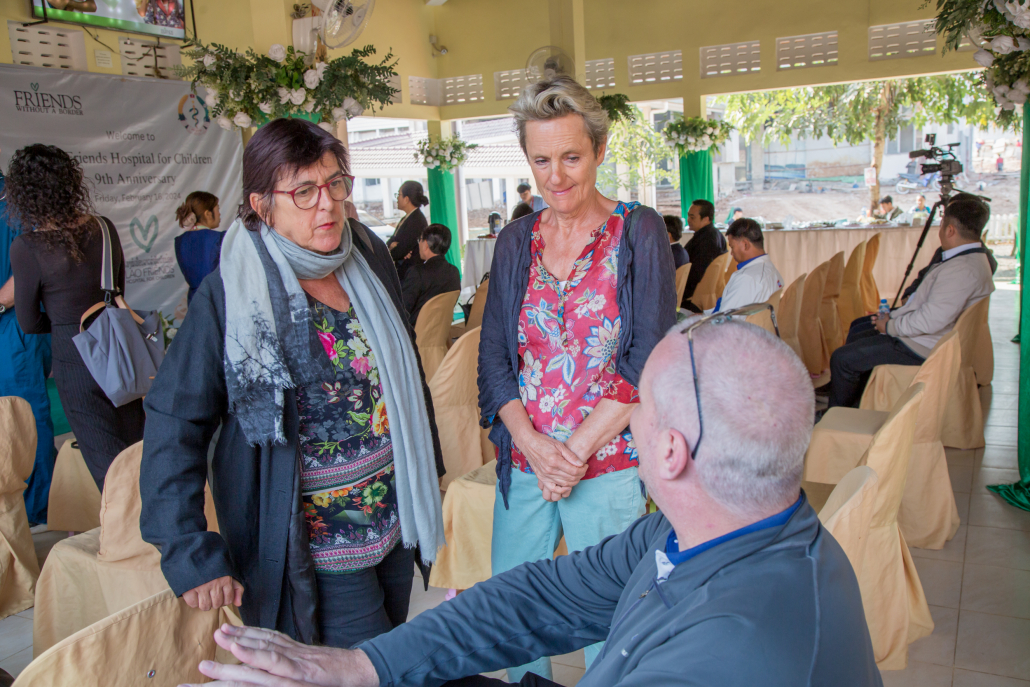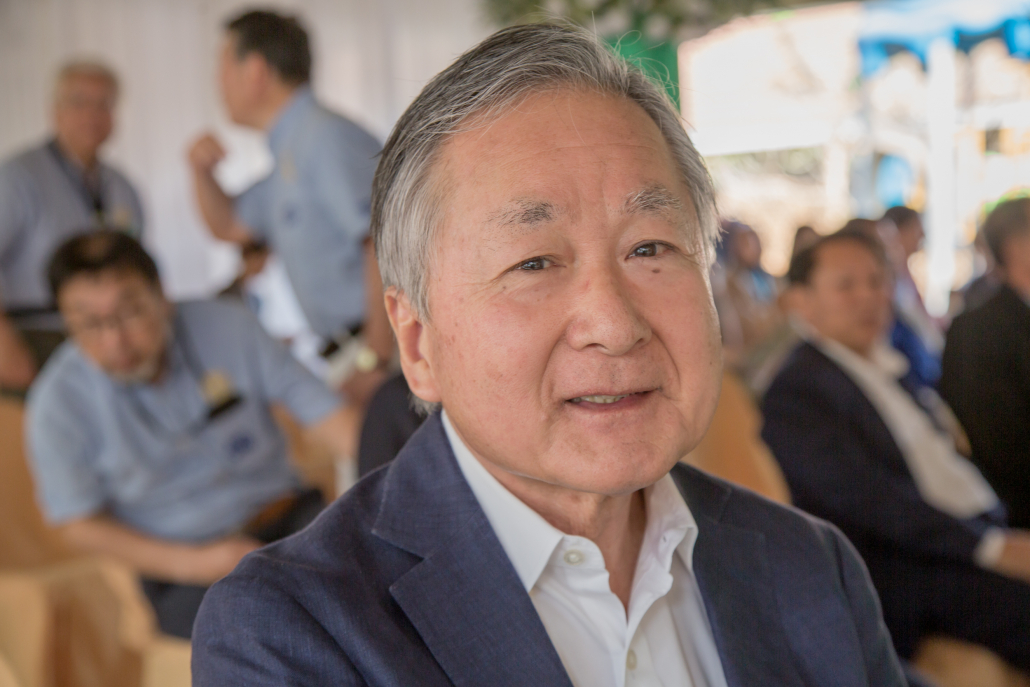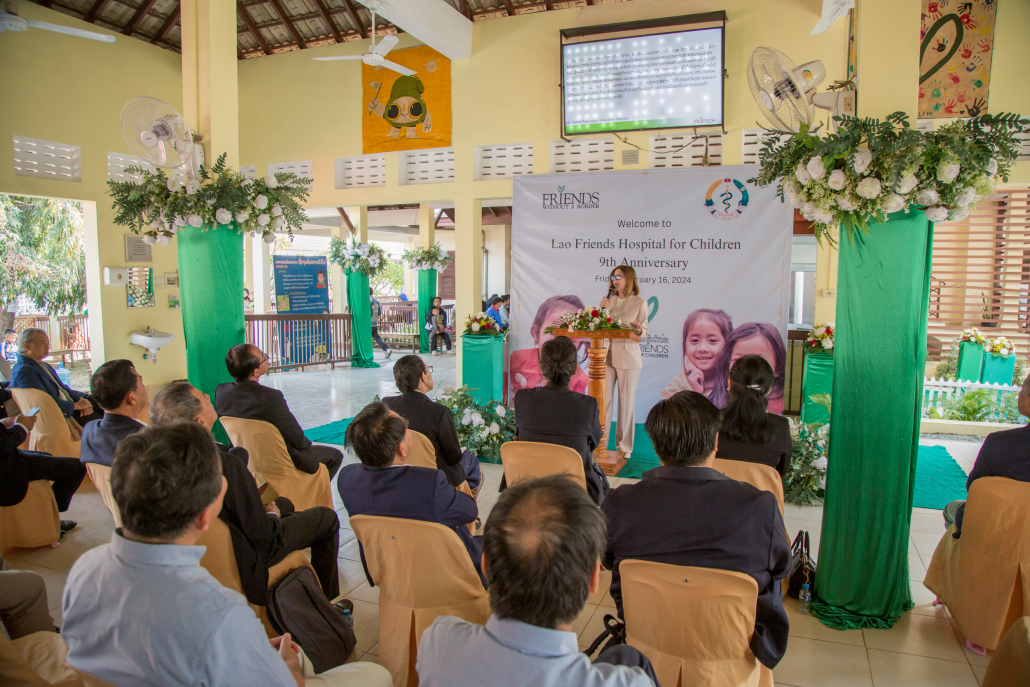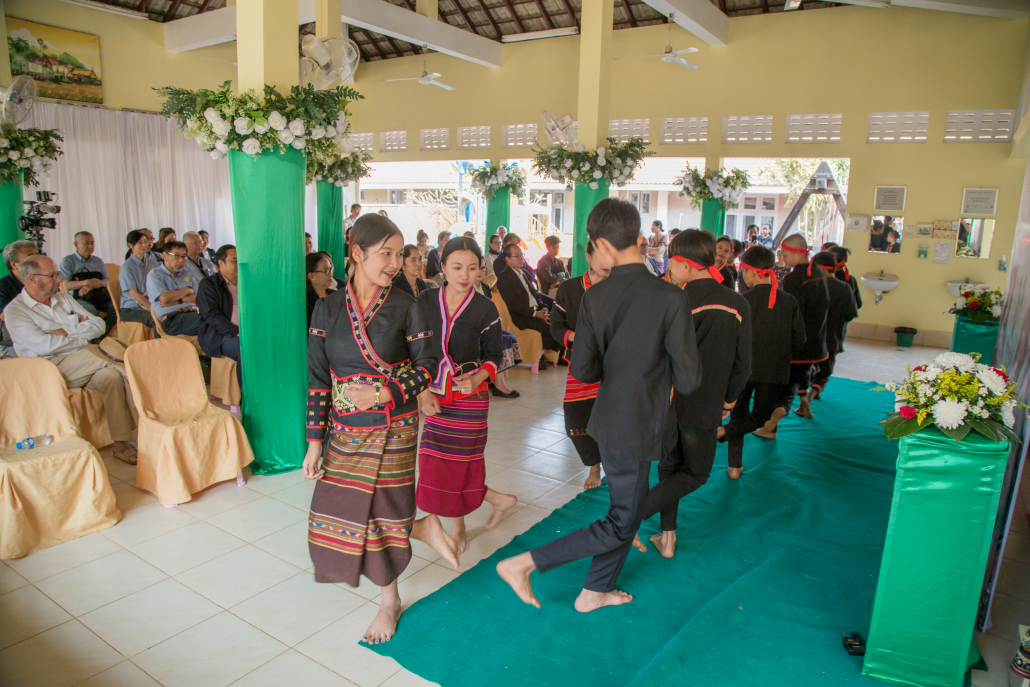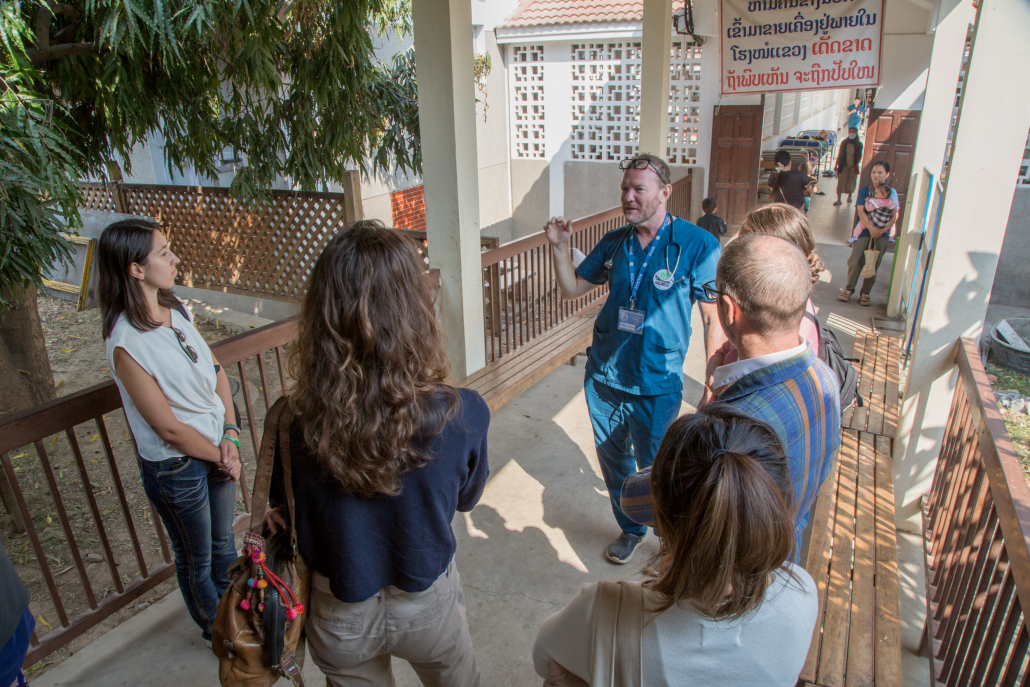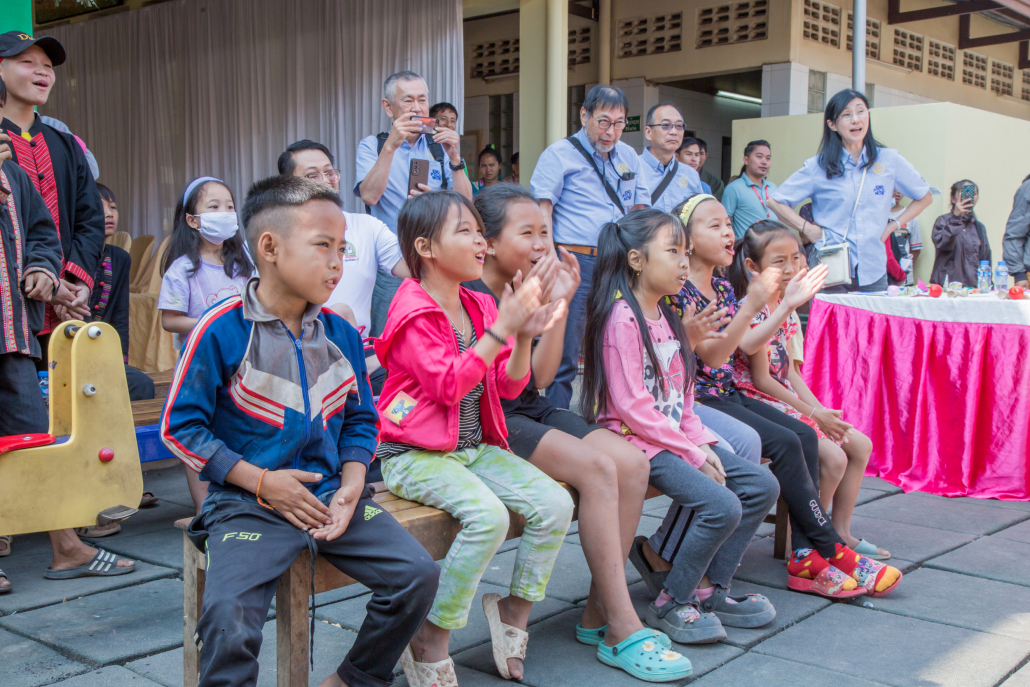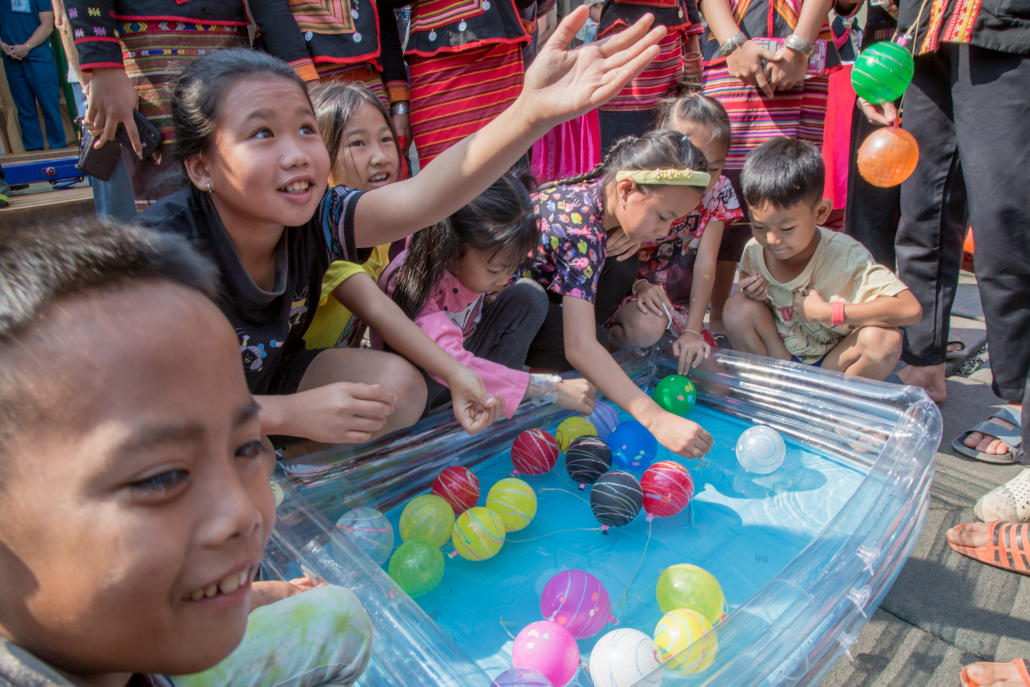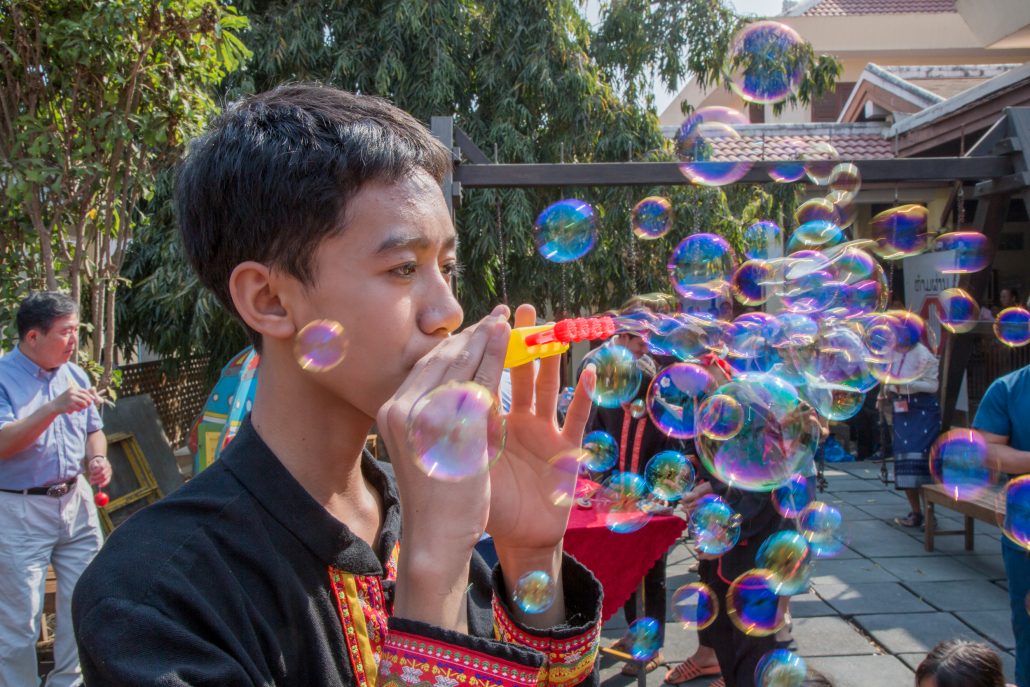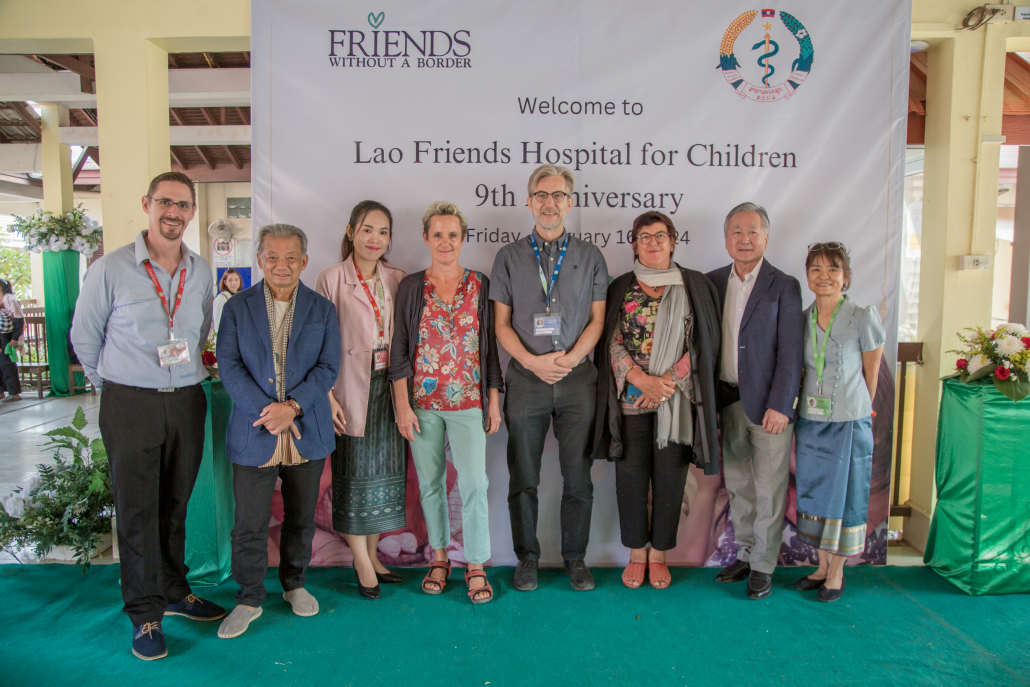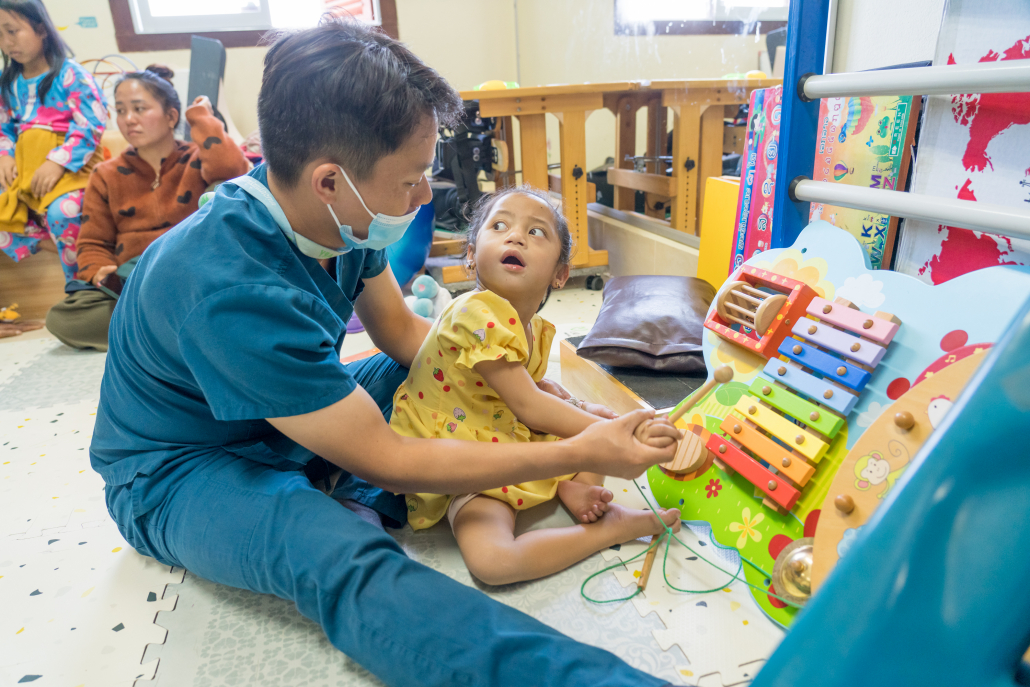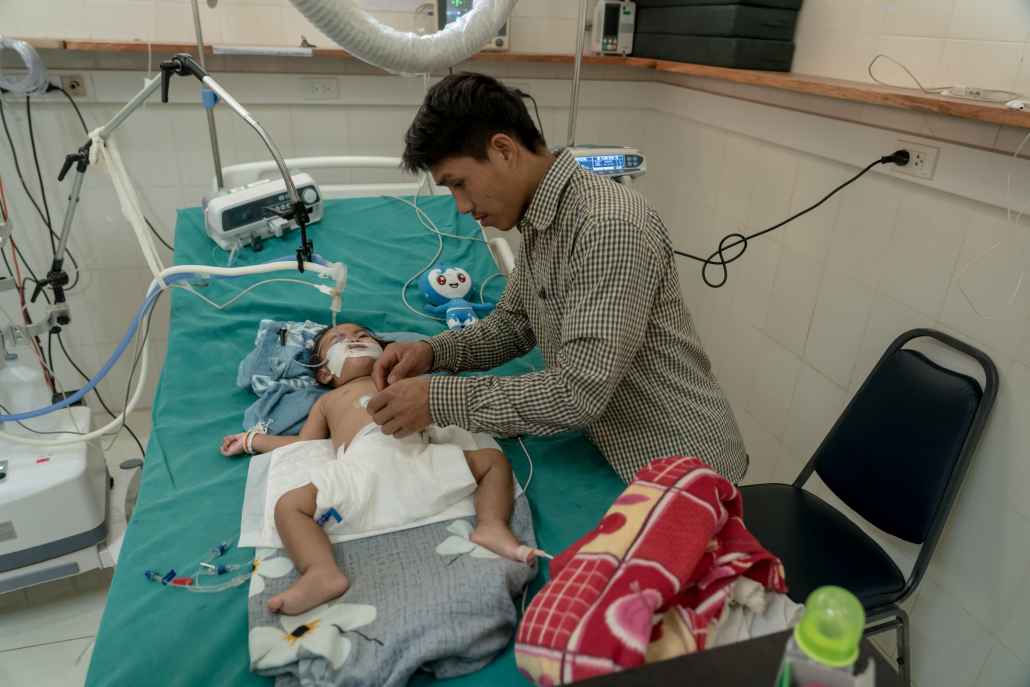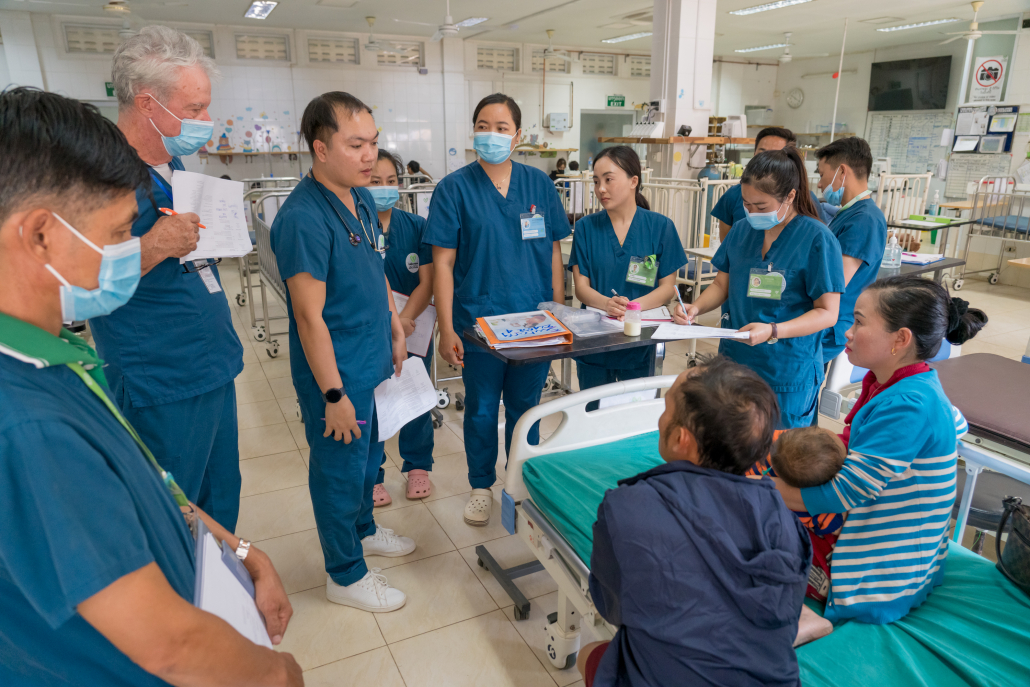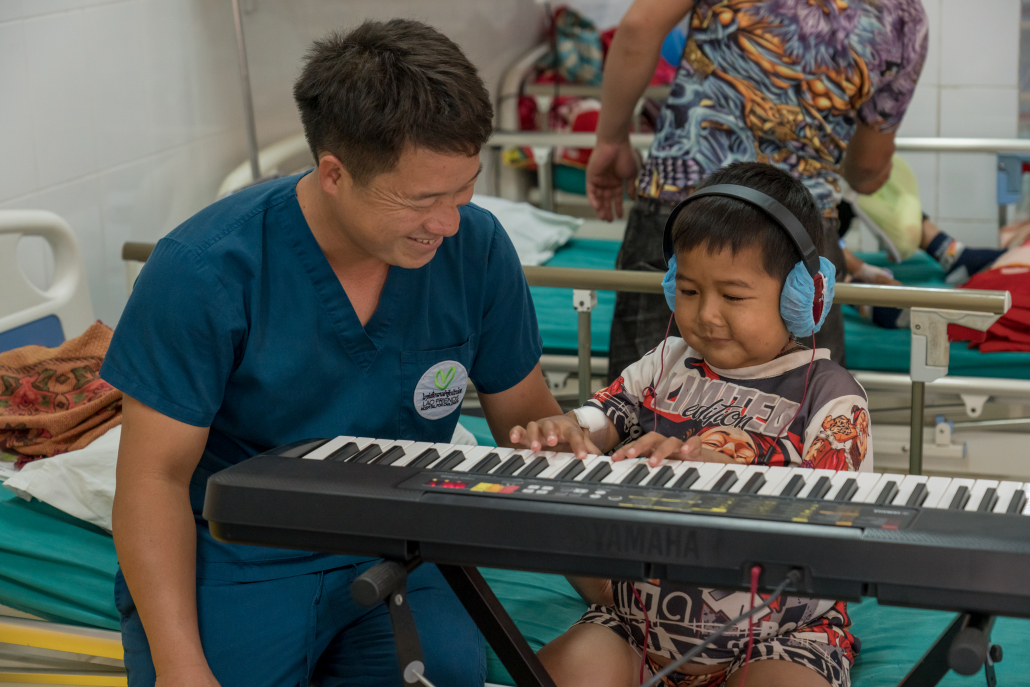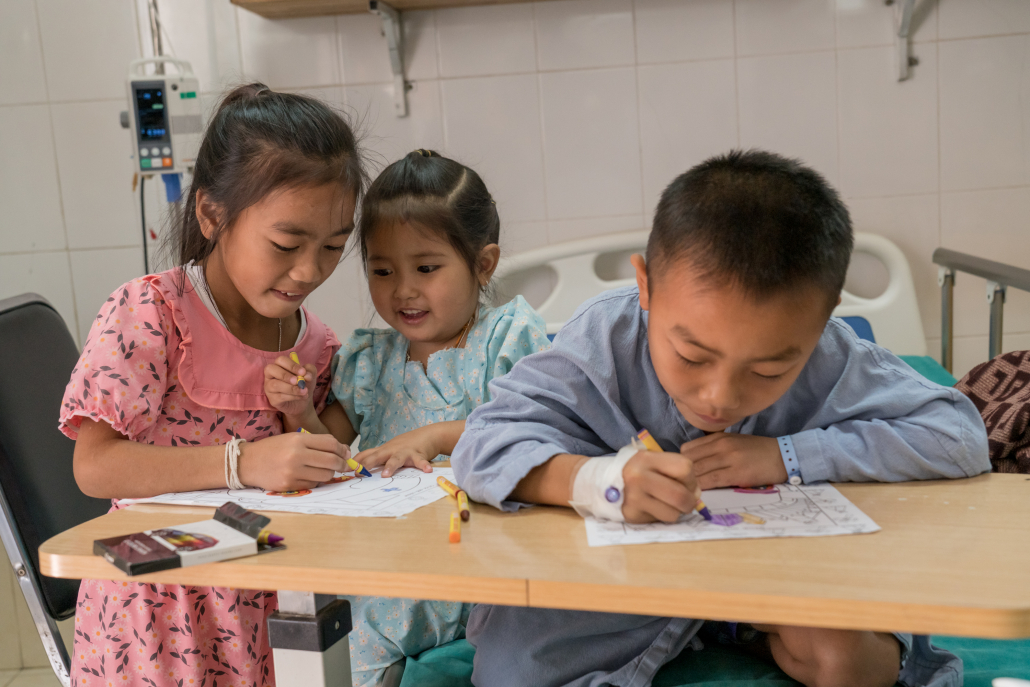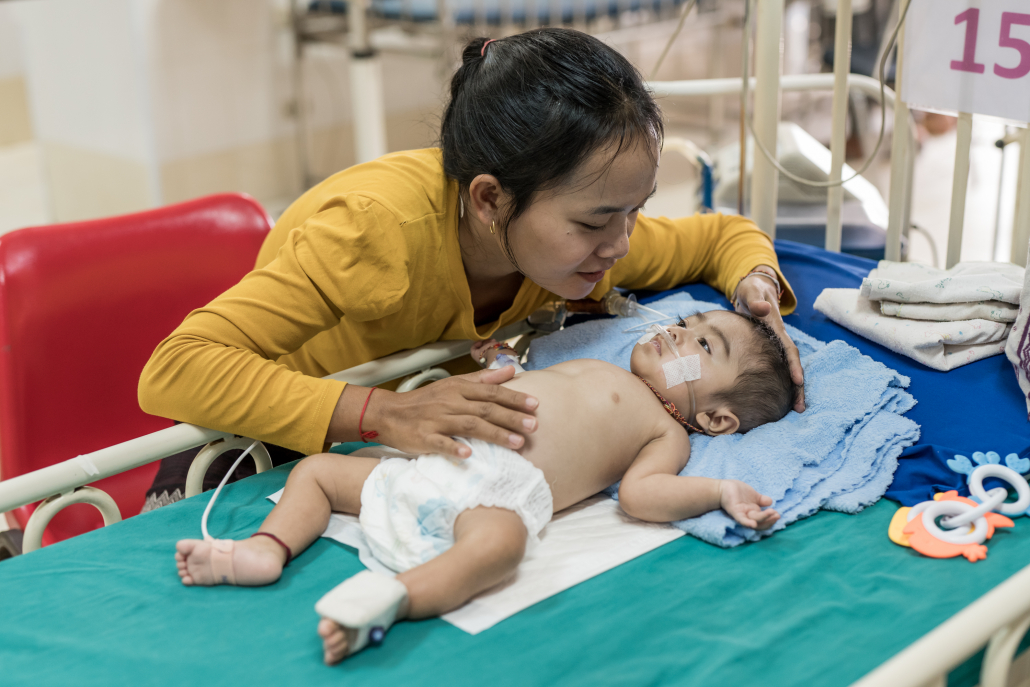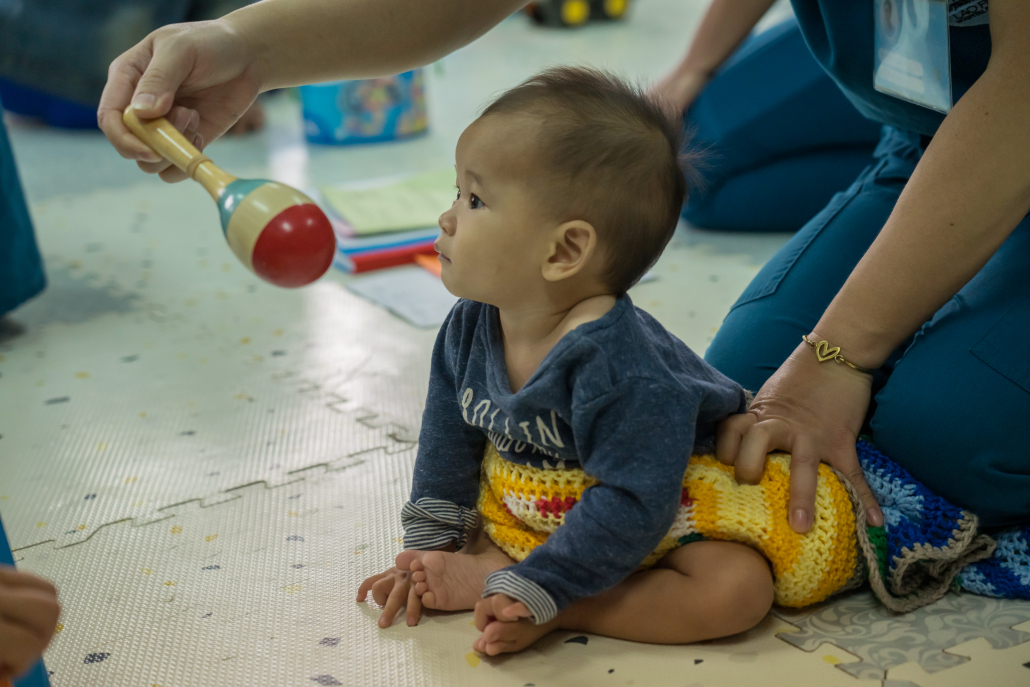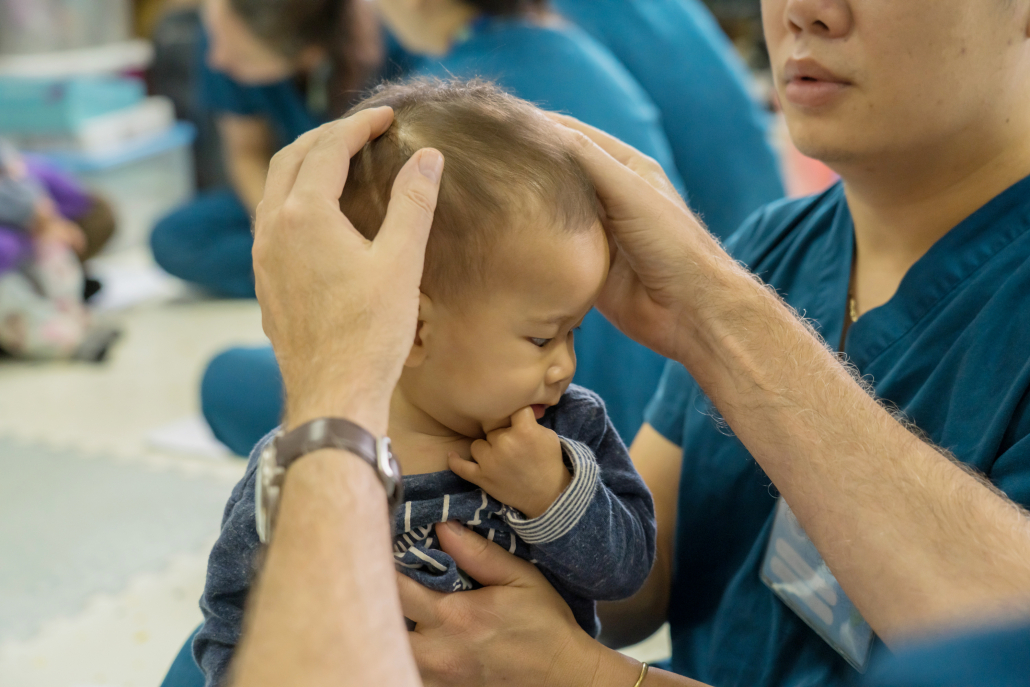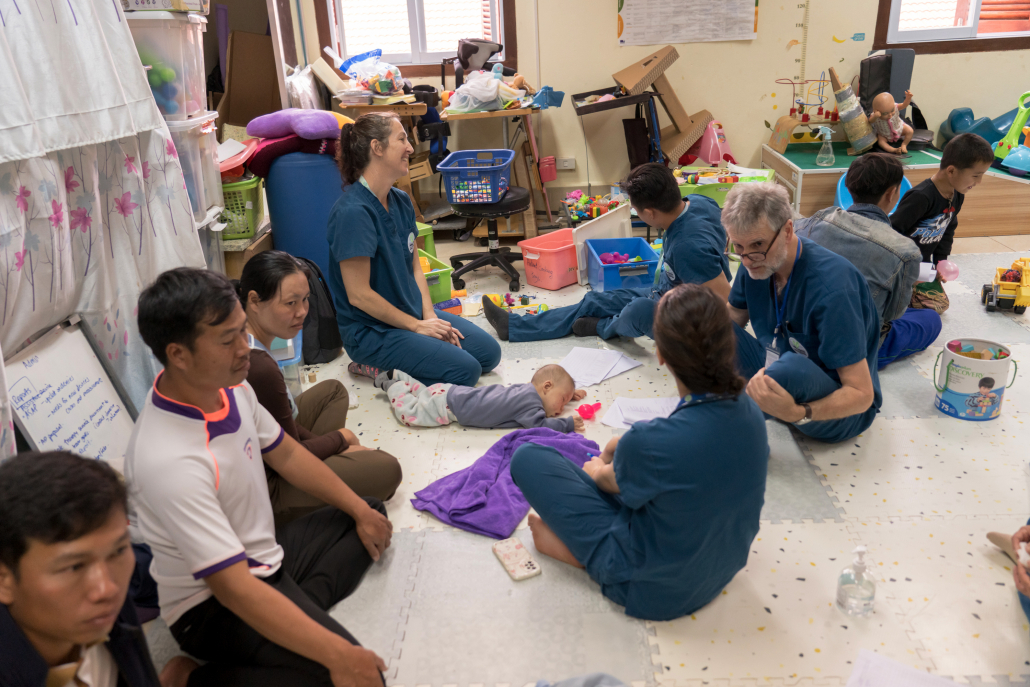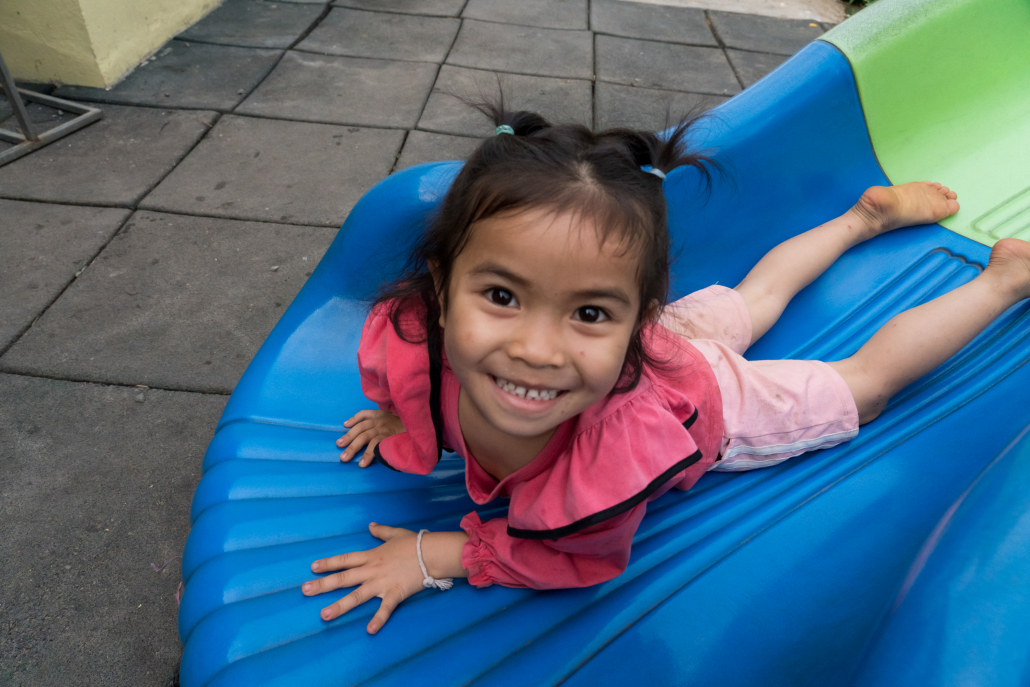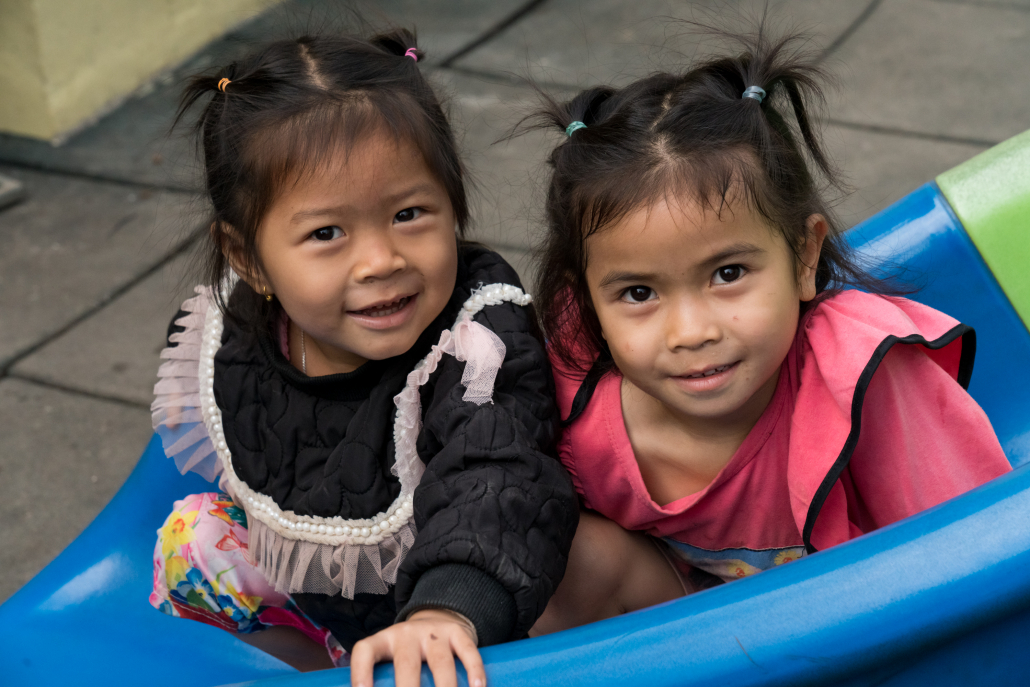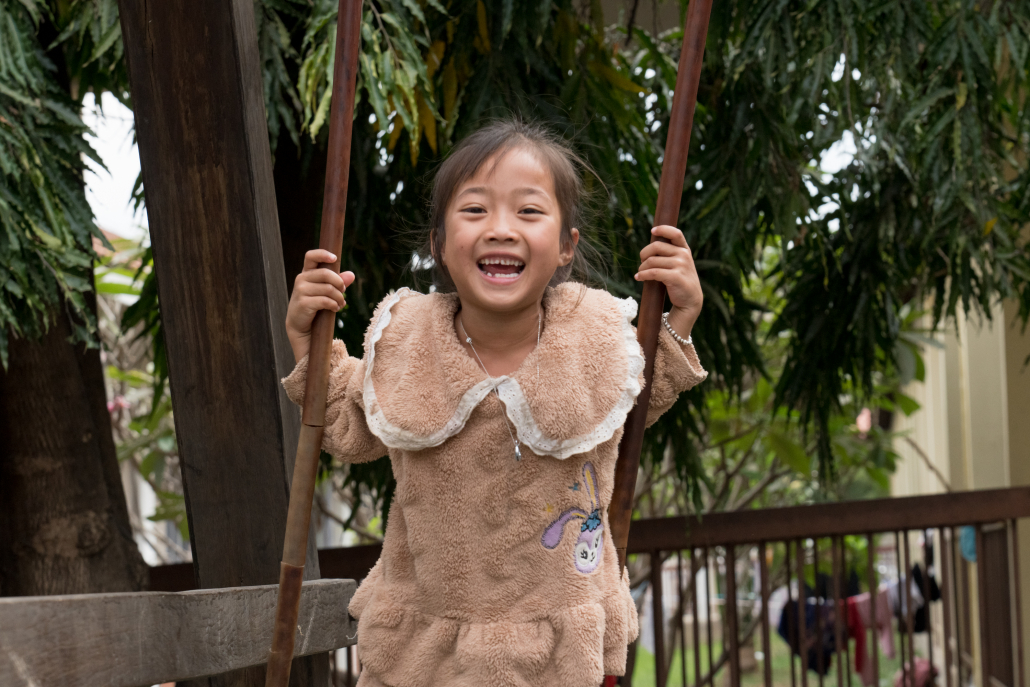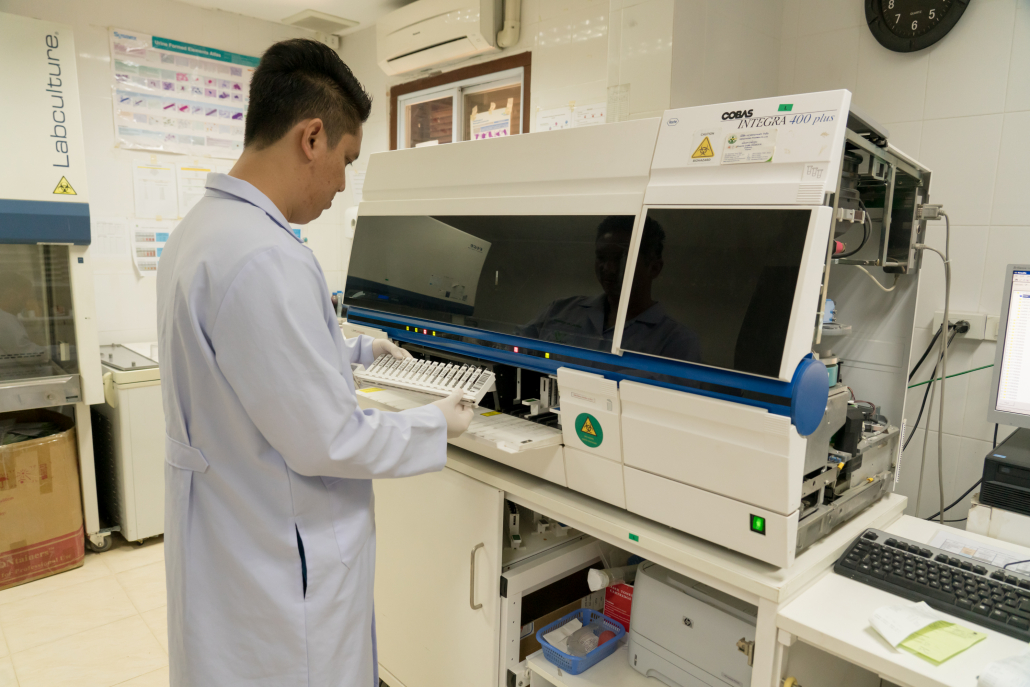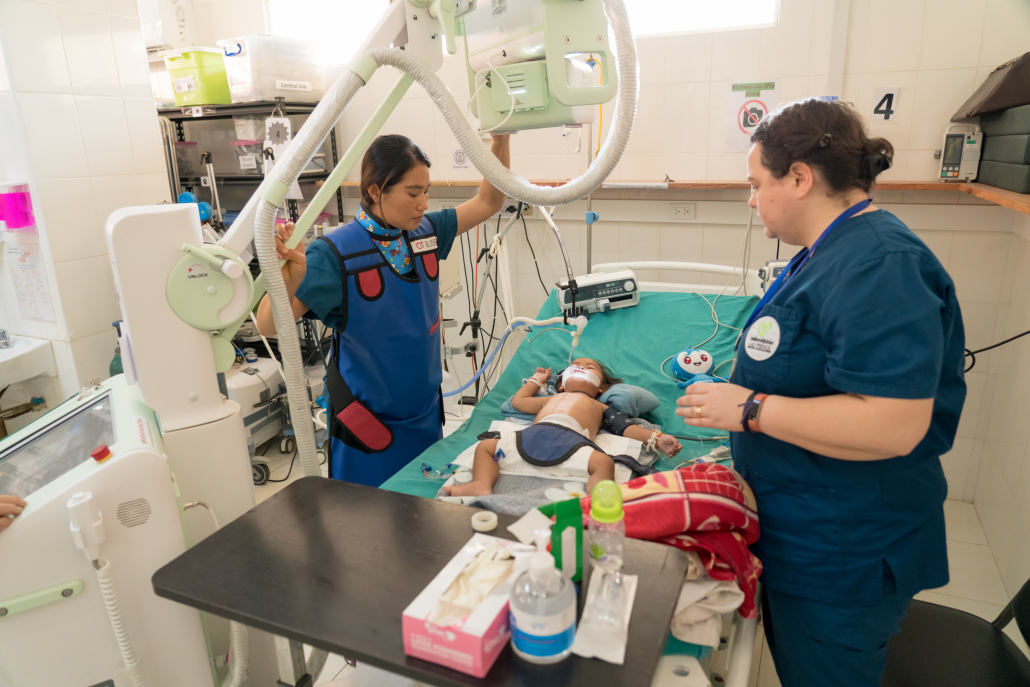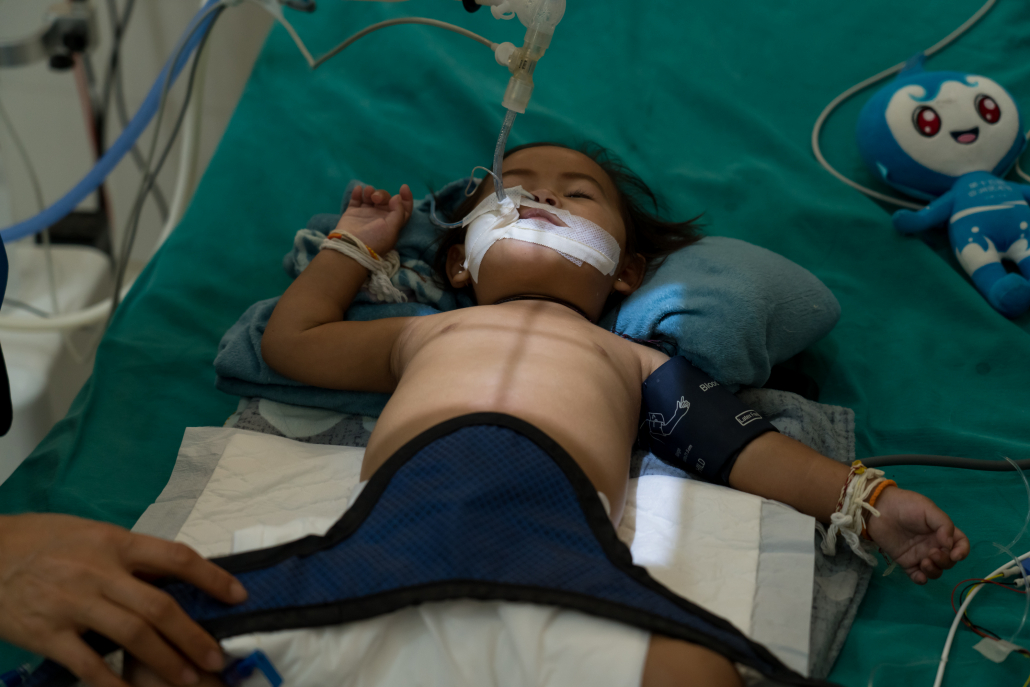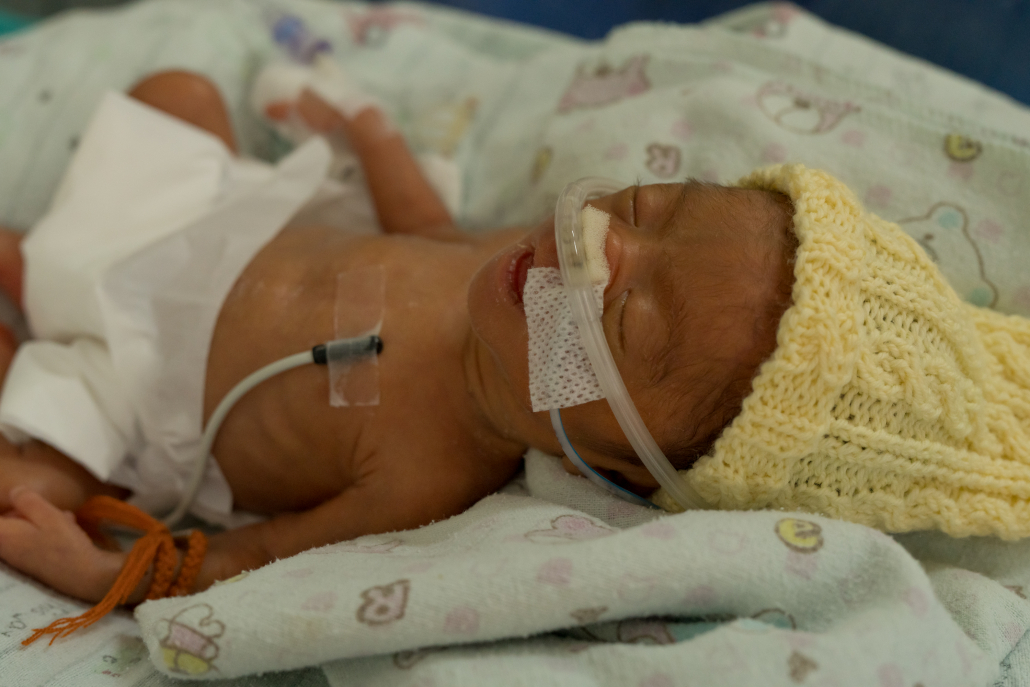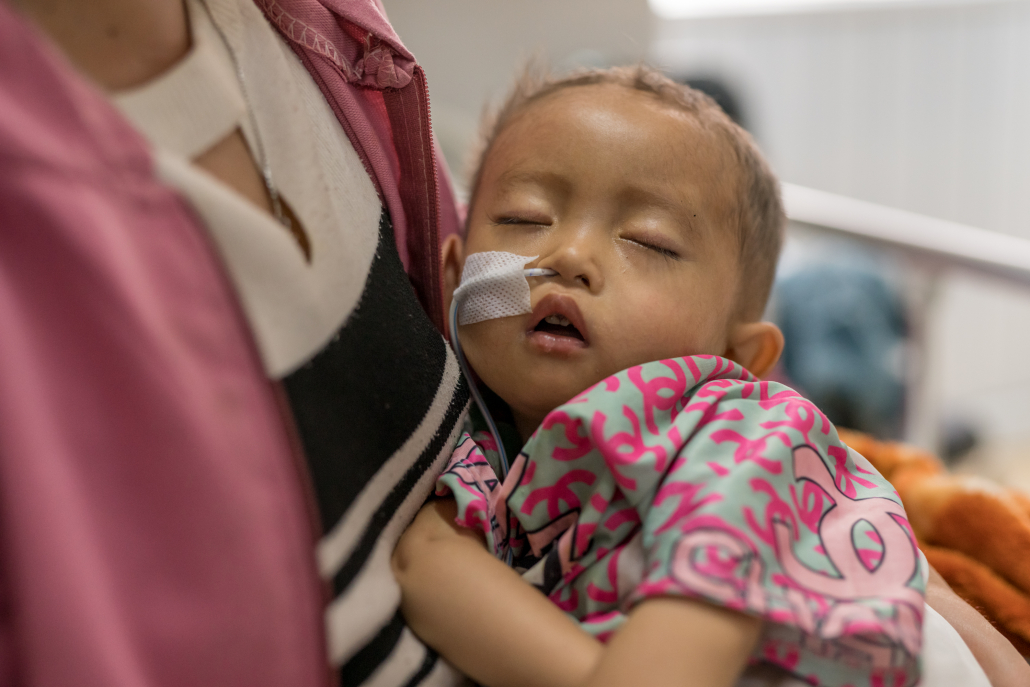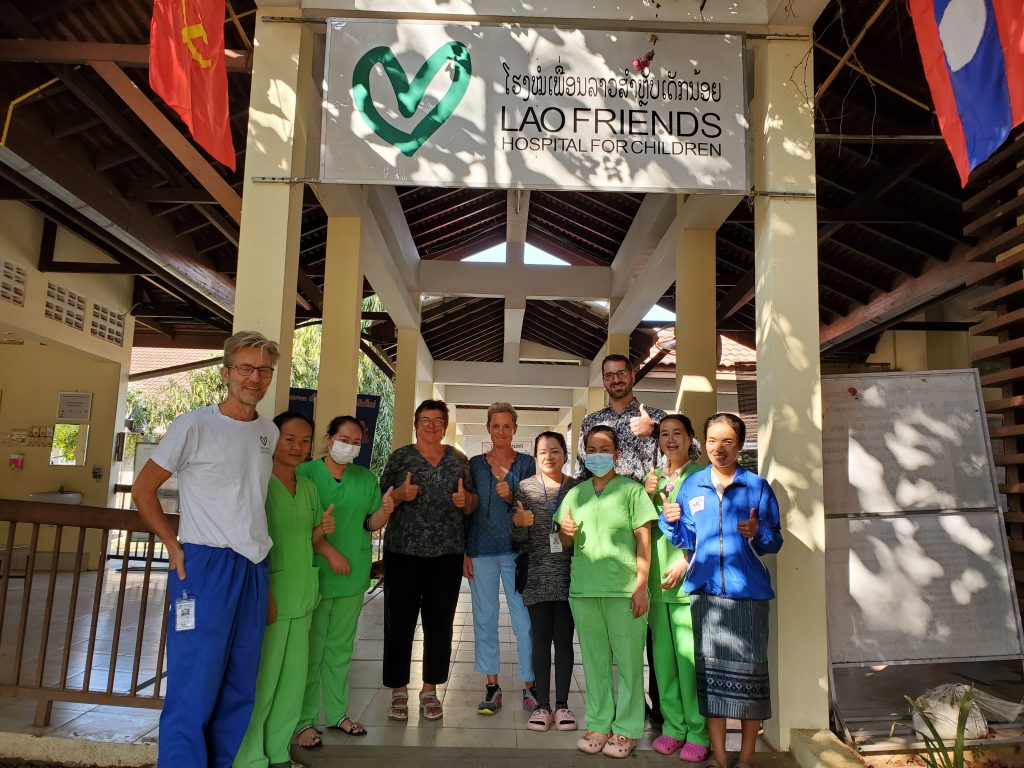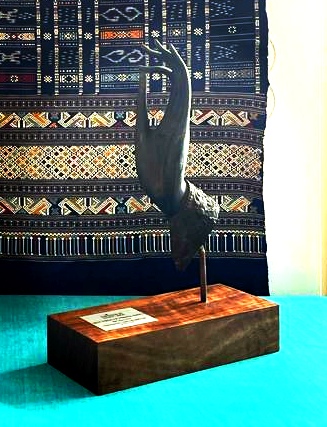LAO FRIENDS HOSPITAL FOR CHILDREN
Moving Child supports Friends without a Border the department for thalassemia and the educational program for child health since 2016 and 2019
Opened in 2015, the Lao Friends Children’s Hospital (LFHC) is the first of its kind in Laos; a hospital run by and for the people of Laos. It was and is financed entirely from foundation and donation funds and is independent of, but in constant exchange with, the state hospital in Luang Prabang.
Moving Child has been supporting the LFHC with annual financial donations since 2016. Initially, Moving Child supported the department for the treatment of thalassemia, an anemia caused by a malformation and increased breakdown of red blood cells. Thalassemia is a hereditary disease that occurs more frequently in northern Laos and, if left untreated, leads to developmental disorders, damage to the heart and lungs and enlargement of the spleen, which can have life-threatening consequences in children.
Since 2019, Moving Child has been particularly supporting the children’s health education program of the children’s hospital, which was initiated and is fully funded by Moving Child. This education program consists of two essential pillars: educating patients and training specialist staff. We were particularly fascinated by the sustainable concept of in-house teaching and educational events from the very beginning. The aim of the LFHC’s education program is primarily to strengthen the autonomy and independence of Laotian doctors and nursing staff.
“We were impressed by the motivation and commitment of everyone involved in this project. The independence that is being trained here, and therefore also the sustainability of this project, are exemplary and impressed us deeply.”
(Moving Child team)
The teaching program includes daily lectures and discussions on relevant topics, structured English lessons, exchange with international experts and is based on the learning-by-doing concept. This approach is reflected above all in the fact that international experts are allowed to teach and assist, but the work is carried out by the local doctors. The focus on teaching to teach is also particularly important: medical staff are trained not only to apply the knowledge they have acquired, but above all to pass it on to a new generation of future doctors. This is slowly reducing the influence and thus the dependence on international experts and promoting the independence of Laotian staff.
Celebration of the 10th anniversary of the hospital
We continue to support the continuation of teaching activities and the training of Laotian female doctors to become pediatricians. It was very touching to see how, once again this year, the work of the doctors and nurses at the children’s hospital has made such a difference to the children. The parents are also aware of the change, of course, and are very happy that their children can be treated there. It is particularly important that they do not have to pay for this, as they often would not have enough money to do so.
The tenth anniversary was celebrated with great joy, which was very beautiful and very touching. It became clear how much commitment and love, especially from Kenro Izu, the founder of the hospital, had been put into its development over the years.
Under the leadership of Dr. Robert Winokur and the international team, the children’s hospital continues to develop and is on a solid footing to transition to Laotian management in 2030. Like all projects, it is struggling with cuts in international aid and is increasingly dependent on private donors.


















